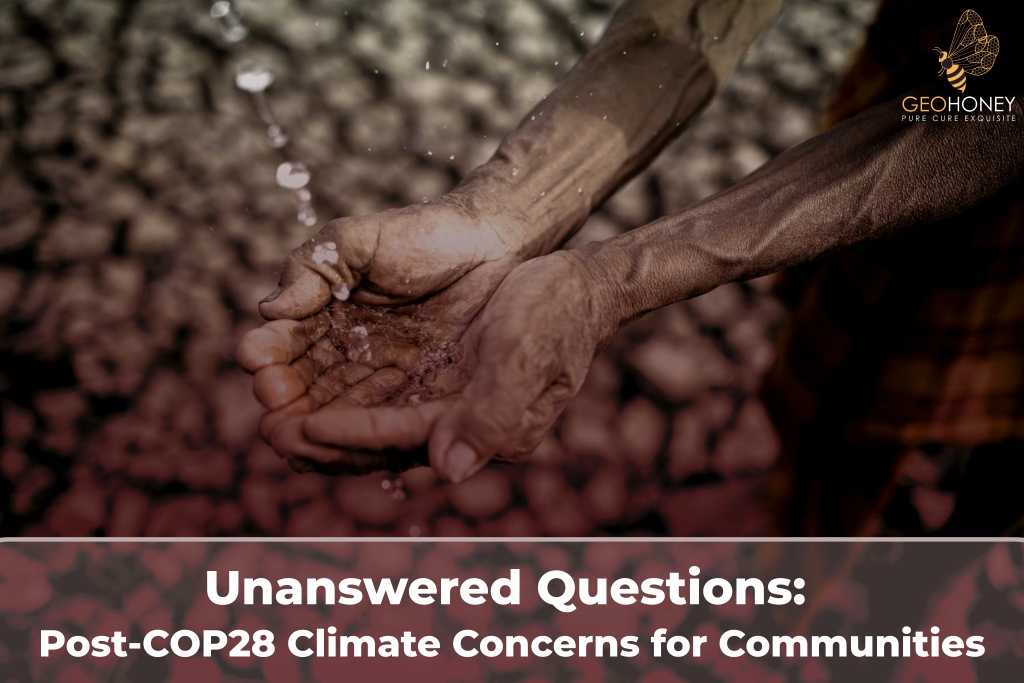- Tokyo: 07:04
- Singapore: 06:04
- Dubai: 02:04
- London: 22:04
- New York: 17:04
Questions Remain for Communities Dealing with Climate Change after COP28

In the week following the conclusion of the UN Climate Change Conference (COP28), the world experienced extreme weather events, highlighting the urgent need for action on climate change. Australia was hit by a cyclone, the United States faced torrential rains, and Zimbabwe continued to suffer from a harsh drought damaging crops. Experts argue that while progress was made at COP28, more funding is required to assist communities in adapting to these extreme weather events, which are predicted to become more common due to climate change.
One significant development at COP28 was the activation of the Loss and Damage Fund, which aims to provide financial assistance to countries most vulnerable to climate change impacts. The fund received approximately $300 million in donations during the conference. However, experts emphasize that this fund alone is not enough, and additional adaptation finance is urgently needed.
The conference also witnessed other financial commitments, including the launch of a $30 billion fund for climate solutions by the President of the United Arab Emirates and a $3 billion donation by the US to the Green Climate Fund. However, experts caution that funding announcements must be accompanied by effective and quality finance that reaches the countries and communities most in need.
The COP28 resolution reiterated the call for affluent countries to double their adaptation funding for developing nations. Additionally, a framework of targets for the Global Goal on Adaptation was agreed upon, aiming to strengthen countries' resilience to climate change. The framework includes targets related to water-related climate hazards, climate-resilient food production, and reducing the negative consequences of climate change on poverty eradication and livelihoods.
Countries also made progress in establishing and implementing national adaptation plans, with a record number of plans submitted in 2023. The final outcome of COP28 includes a request for all countries to have adaptation plans in place by 2030, which will help direct support and finance where it is most needed.
The importance of nature-based solutions in building climate resilience was highlighted at COP28. The State of Finance for Nature report revealed the negative impact of global financial flows on ecosystems. The Global Goal for Adaptation now includes a specific target date of 2030 for accelerating the adoption of ecosystem-based adaptation. The COP28 also addressed the challenges faced by mountain ecosystems and emphasized the need to address deforestation and biodiversity loss.
Overall, COP28 aimed to accelerate climate change action and reduce emissions to limit global warming. The conference discussed the first-ever Global Stocktake, which assesses progress towards the Paris Agreement's objective of limiting global temperature rise to 1.5°C.
Source: unep.org




It will remain a question because the implementation is not as easy as we imagine.